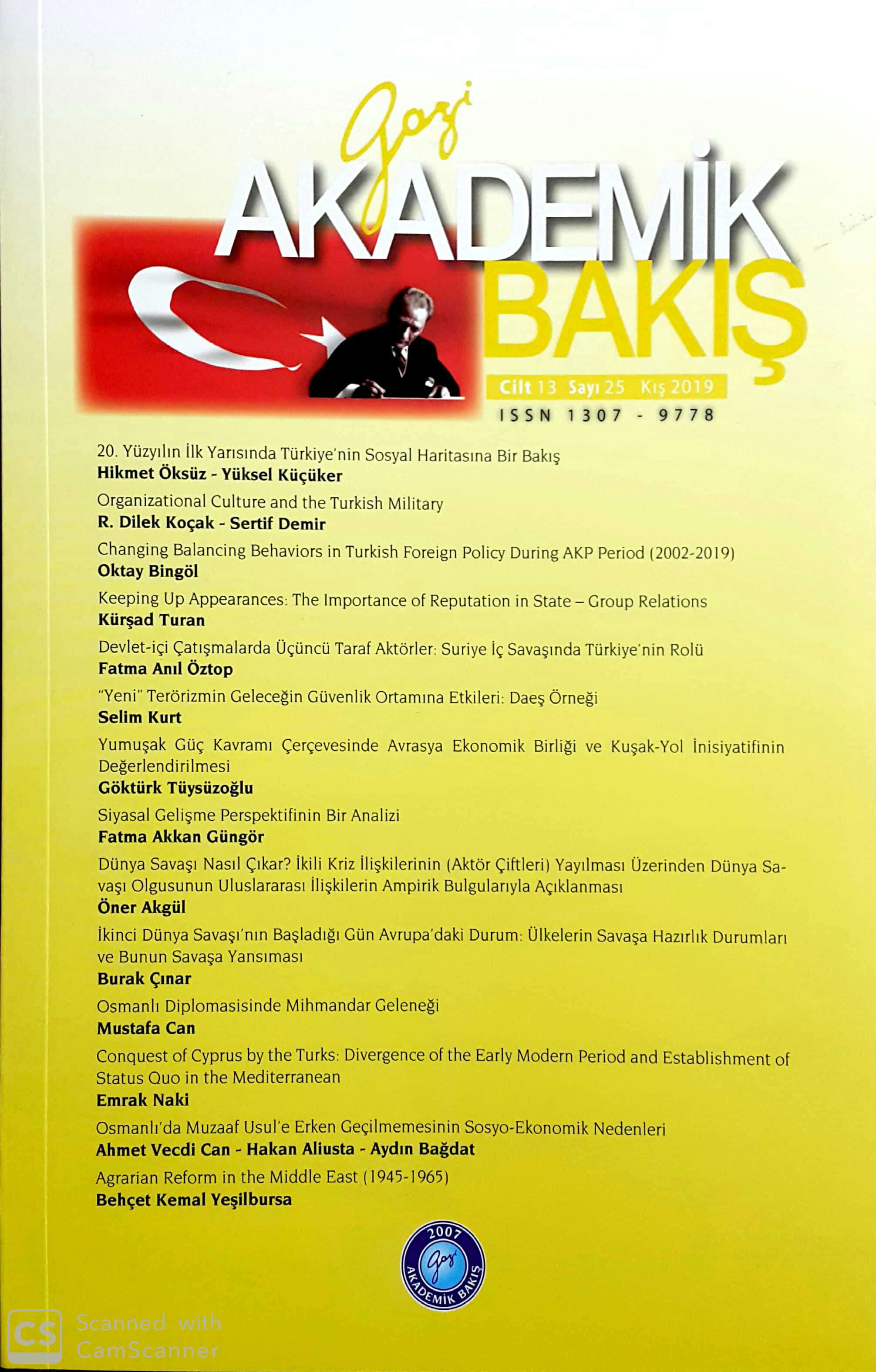Osmanlılarda Muzaaf Usul’e Erken Geçilmemesinin Sosyo-Ekonomik Nedenleri
Socio-Economic Reasons of Not Passing Early to Muzaaf Method in the Ottoman
Author(s): Ahmet Vecdi Can, Hakan Aliusta, Aydın BağdatSubject(s): Cultural history, Economic history, Social history, The Ottoman Empire, Accounting - Business Administration
Published by: Gazi Akademik Bakış
Keywords: Muzaaf Method; Accounting Histoy; Double Entry Bookkeeping System; Accounting in the Ottoman Empire; Socio-Economic Analysis;
Summary/Abstract: It is not clear when the first use of the Muzaaf Usul (Double Entry Bookkeeping method), which is considered to be a turning point in the historical process of accounting. However, this method is described in a chapter of the book titled “Summa Arithmetica” written by the Italian Luca Pacioli at the end of the 15th century. Later, this method spread rapidly to Europe, other continents and all over the world due to the widespread use of the printing press and is still used today. However, contrary to these developments, the Ottoman Empire did not use this method in its accounting system until the 19th century.The aim of this study is to examine the socio-economic reasons of why double-entry bookkeping method was started to be used by Ottoman Empire and other Turkish countries about four centuries later. During the examination, literature reviewwas done regarding the economical and social situation of Ottoman Empire including the period between 16th and 20th centuries, and the findings were be classified and analyzed. As a result, the possible socio-economic reasons why double-entry bookkeeping method wasn’t used earlier are explained.
Journal: Gazi Akademik Bakış
- Issue Year: 13/2019
- Issue No: 25
- Page Range: 303-330
- Page Count: 27
- Language: Turkish
- Content File-PDF

